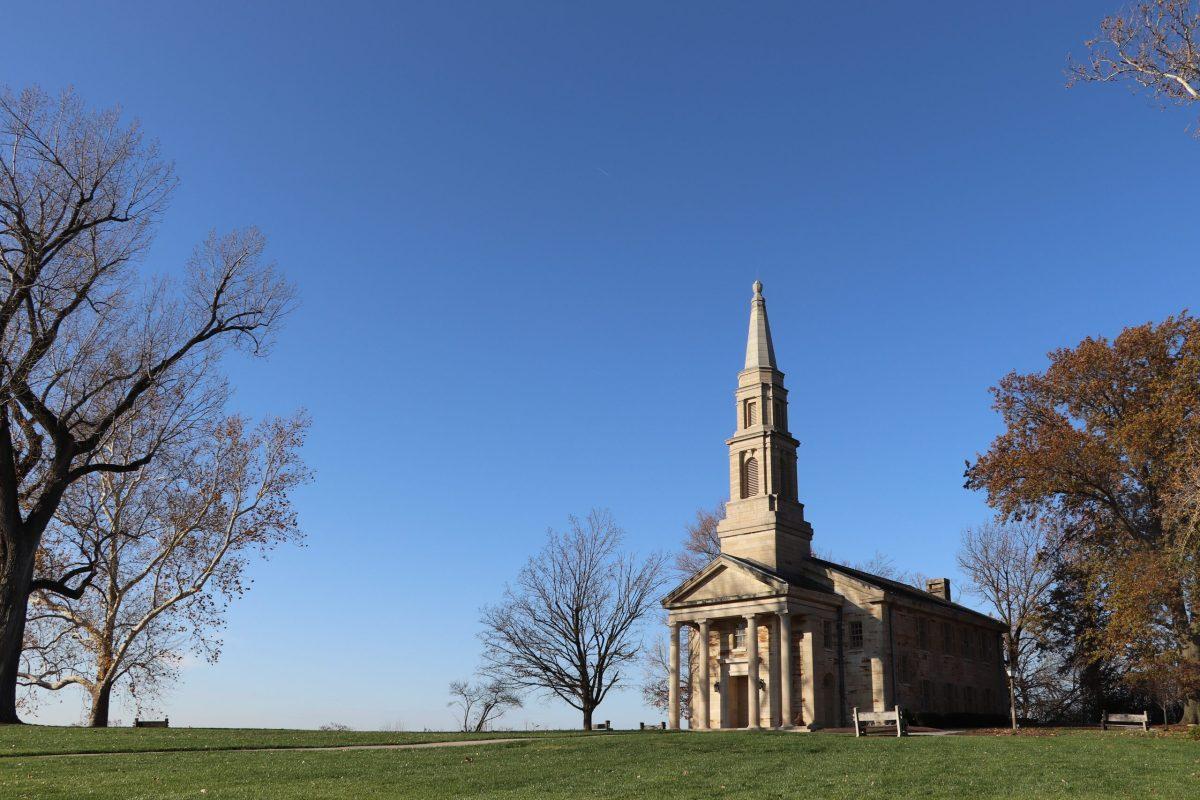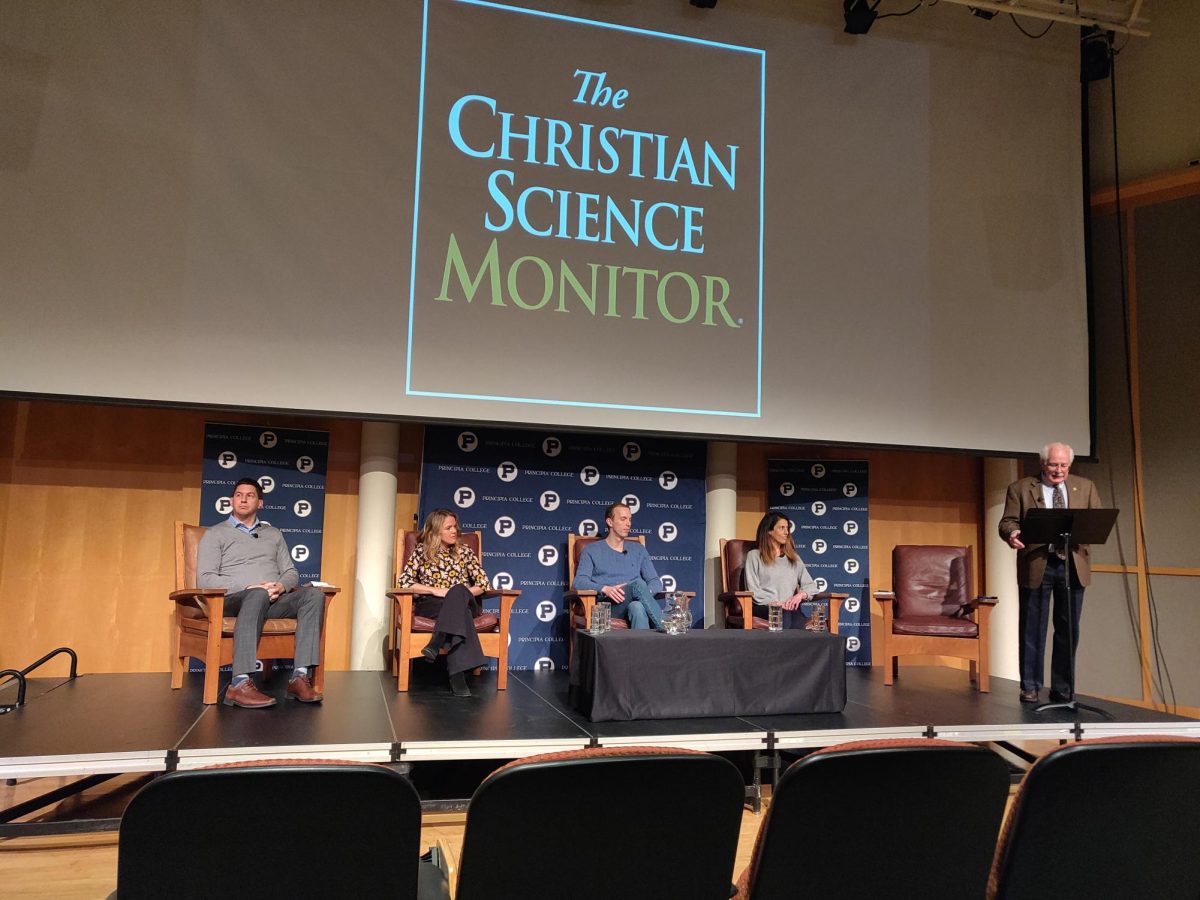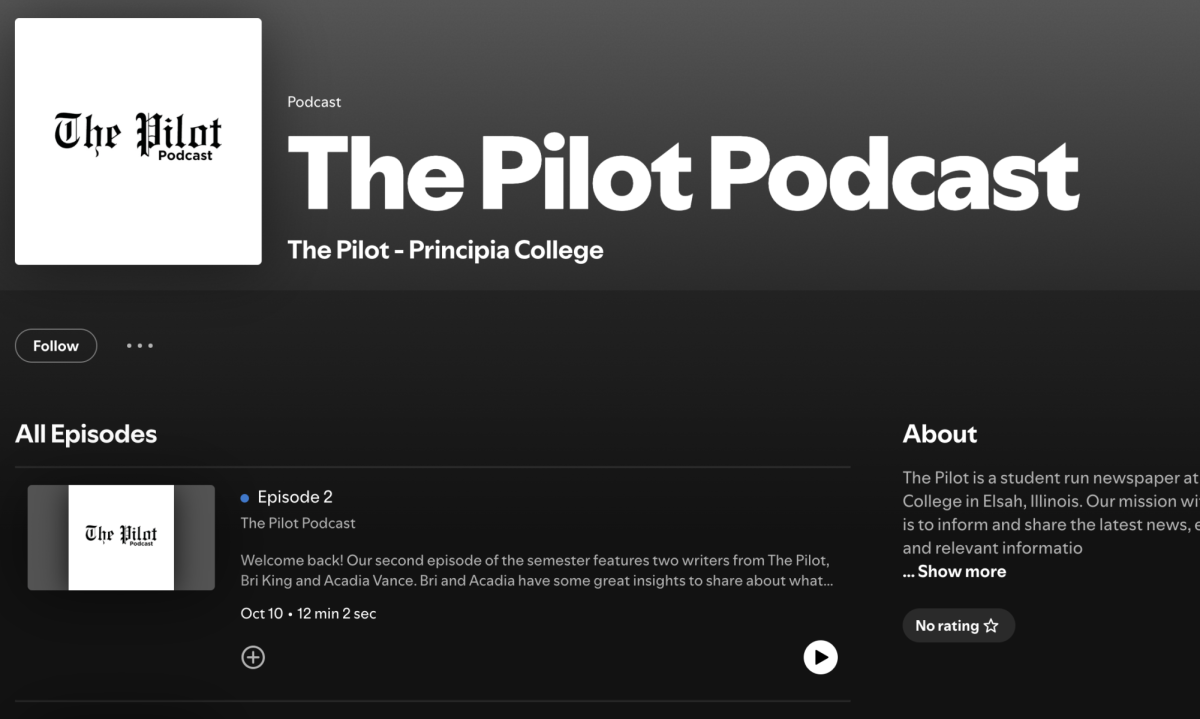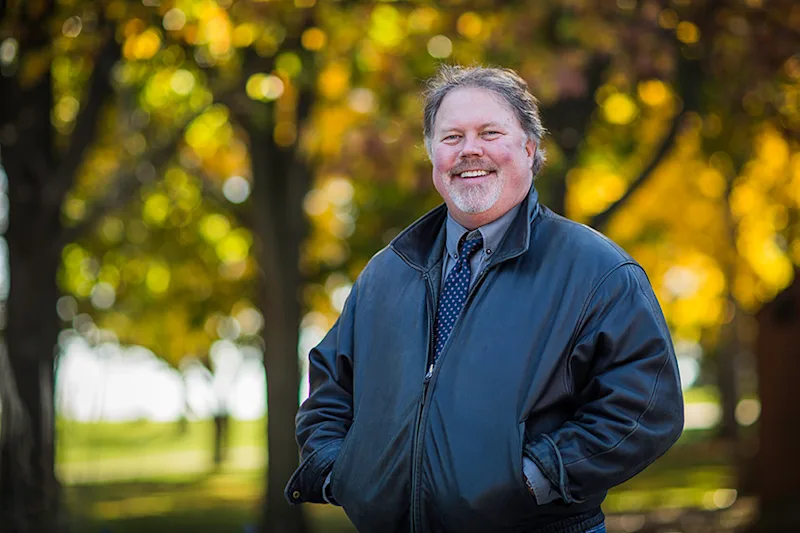School can be stressful: running from one class to the next, forgetting a textbook, or not remembering the readings from last night. This induced stress is one that the state of Illinois has taken into its hands by implementing a law allowing five days off for students from kindergarten through grade 12 to prioritize their mental health and wellness.
“This is an example of acknowledging the legitimacy of stopping, to take care of mental health the same way that you would take care of physical health,” says Winnie Needham, assistant dean of academic student services.
The Illinois law reflects a larger trend of addressing mental health worldwide, especially after a pandemic that left many individuals isolated and lonely. In this context, seeing how Christian Science interacts with mental health is crucial. And on a campus whose principles are rooted in the religion Mary Baker Eddy founded in 1866, awareness is undoubtedly increasing.
“Mental health is part of Christian Science,” added Needham. “We don’t call it mental health, but we’re absolutely striving for healthy living.”
Since Principia College now welcomes students and individuals from all faith backgrounds, broadening the scope of mental health services available is essential. Brian Kamusinga, assistant professor of chemistry, puts this inclusivity into perspective: “I think that the Principia experience should be open to all children of God.” In simple terms, being a child of God is being the reflection of God’s qualities and therefore demonstrating good.
Christian Science does recognize mental illness as one that can be treated through prayer. But since it’s not as visible as physical challenges, mental health may have been put on the back burner by some Christian Scientists at some point. “We probably need to talk about this more openly and do less assuming about the fact that we all agree, and that we all understand what we’re talking about,” says Needham, the assistant dean.
Treatment is now being put into a new dimension and perspective, as the traditional approach of prayer is not a one-size-fits-all thing anymore. This personal choice of a healing method is valued at the college. For Kamusinga, the chemistry professor, seeking help is often the most intimidating step but it’s also the most rewarding, “There are no awards for bravery. No one is going to give you an award for battling this on your own.”
There are solutions for those who aren’t sure about options to find support for their mental health. Professors, Christian Science practitioners, nurses, and professional telecounseling are options for everyone who is going through some challenges and is looking for relief.
Here on campus, the gap created with the language “Christian Science” and “non-Christian Science” is one Needham would like to refute: “I wish we wouldn’t call it non-Christian Science options.” With no students, there’d be no college. It’s therefore vital for the institution to implement measures that meet the student’s needs.
One example of such a measure is the “accommodation letter.” Piloted into the application process, it’s a document where students would have the opportunity to share with administrators some of their learning experiences. This would allow faculty to know about some concerns and challenges that a student might have before classes. Not only is the letter built to facilitate students’ learning, but it’s also there to make sure students are comfortable, “There are some accommodations that would fall under the category of mental health that are addressed through the accommodation letter,” says Needham.
Sophomore Neha Bandrapalli, who serves as the Student Life representative on the student senate, believes that there are a lot of ways people use religion to address mental health and calls religion “comforting”. She also says that religion is an individual experience and that “the idea of God, the Universe, or whatever you want to call it, can definitely be a shining light as far as guiding yourself toward a certain direction.”
In a way, the chapel’s bells – ringing every hour – serve as a reminder of the support and accessibility to faith Principia offers.
Emmanuel Tekila, freshman and president of the Christian Science Organization (CSO), shares his perspective on balancing mental health and Christian Science. He defines Christian Science as “the Law of God that can be understood and put into practice and expect results.”
CSO is in charge of many events surrounding faith on campus. Although it is targeted toward Christian Science, the student-run organization tries to include topics accessible to all, including mental health talks and healing-seeking.
And even though the remoteness of our campus makes accessing a wider range of therapists or counselors in person difficult, the Uwill platform is accessible from any device. Bandrapalli says “Telecounseling at your fingertips is really amazing.”
Professors, faculty, and administrators are aware of students’ needs and are doing what they can to meet them. From daily check-ins with students to accommodation letters and telecounseling, Principia is embracing a wider range of support systems accommodating to all students.
For Needham, the assistant dean of academics, the college community is striving to meet students’ demands and making sure students are healthy and capable of learning in a healthy environment.
“The thing that I see working really well is when a group of people come together and they think together, and they let each other bring their authentic selves,” Needham says.





